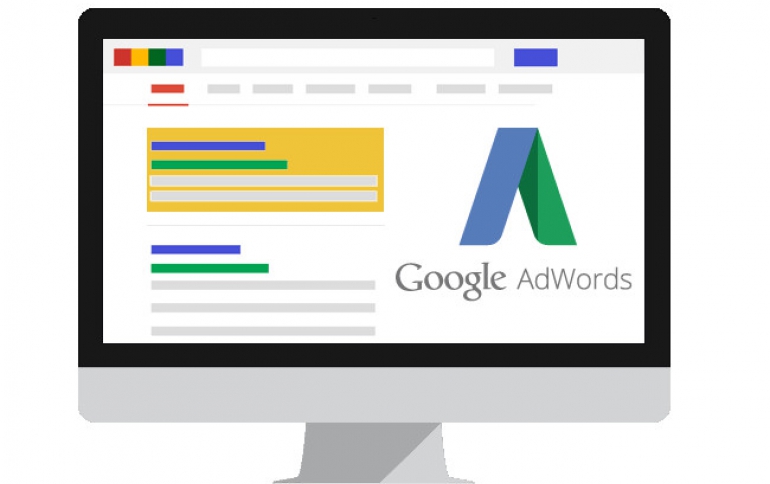
Businesses Continue to Pay Google in Order to Keep Their Brands Online
As politicians increase scrutiny of large technology companies, advertising through Google search remains the most important way for businesses in order to access their customers online.
Presidential candidate and Senator Elizabeth Warren outlined a proposal Friday for breaking up Google, Facebook and Amazon.com, because they have “too much power” and have “bulldozed competition.”
Without any doubt, Google controls many of the ways businesses access customers online in the U.S., making it almost impossible to run a company without buying advertising from the internet giant.
With Google to have more than 81 percent of the mobile search market (NetMarketShare,) most businesses often can’t avoid giving more money to Google because the internet giant is the main source of answers when Americans go online to get information.
Facebook, which has also emerged as another advertising giant, matches advertisers with people interested in certain topics. But Google can tell what a person really wants, right as that person types their query into the search bar. Showing up at the top of search results is imperative for most companies and in recent years Google has changed its software, especially on smartphones, to make buying ads the best way to achieve that goal.
Businesses typically buy ads based on their brand names, the so-called "branded keywords." This means that when, for example, Uber bids on the word "Uber" and when people search for that, Google runs an ad at the top of results usually linking to the ride-sharing company’s website.
Some businesses cannot do otherwise but buying these ads at any cost. Otherwise, rivals could bid on the keywords too. If Uber doesn’t pay up, Lyft could be ready pay Google instead and grab customers.
In recent years, this pressure has increased because on mobile devices Google search ads show up at the top of the results, rather than on the side of the page with desktop results. This means people are more likely to click on the ads, rather than the free, "organic" links to companies’ websites.
In addition, Google actually controls the search ad prices, despite the fact that the whole keyword bidding is automated. Google search ad prices often surge when the company restricts the growth of supply, and they fall when Google dramatically increases inventory.
On the other hand, advertising on Google Search works, and many advertisers are happy to pay more because Google has so much data that it can target the marketing messages and generate big returns on that spending.
But what happens if a business choose to spend less on brand keyword advertising? Unless that business is a well-known company with a unique name, it would most probably see a decline in traffic, both from search ads and from free, or organic results.




















